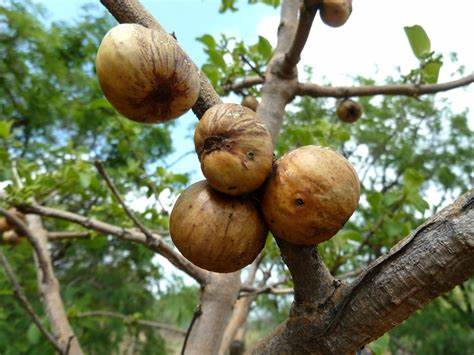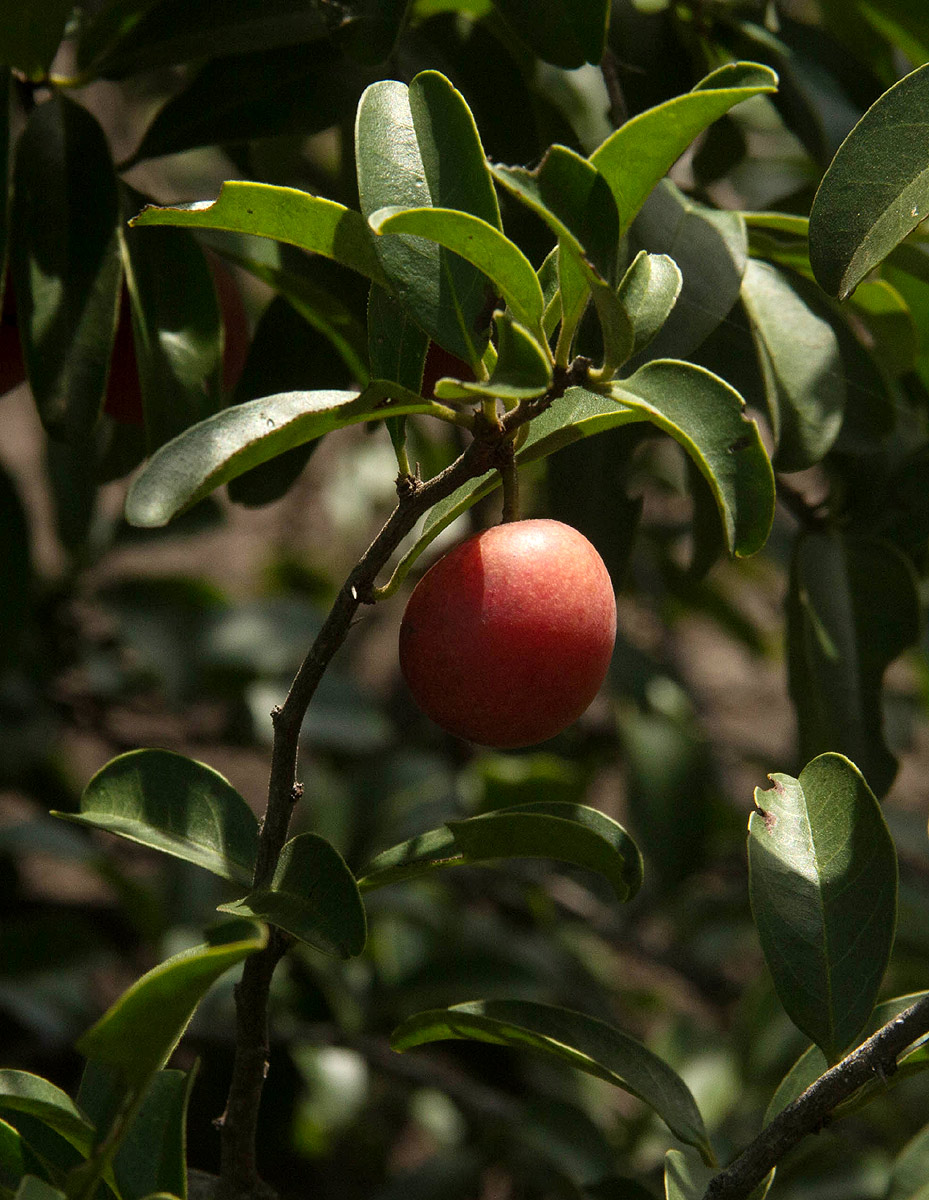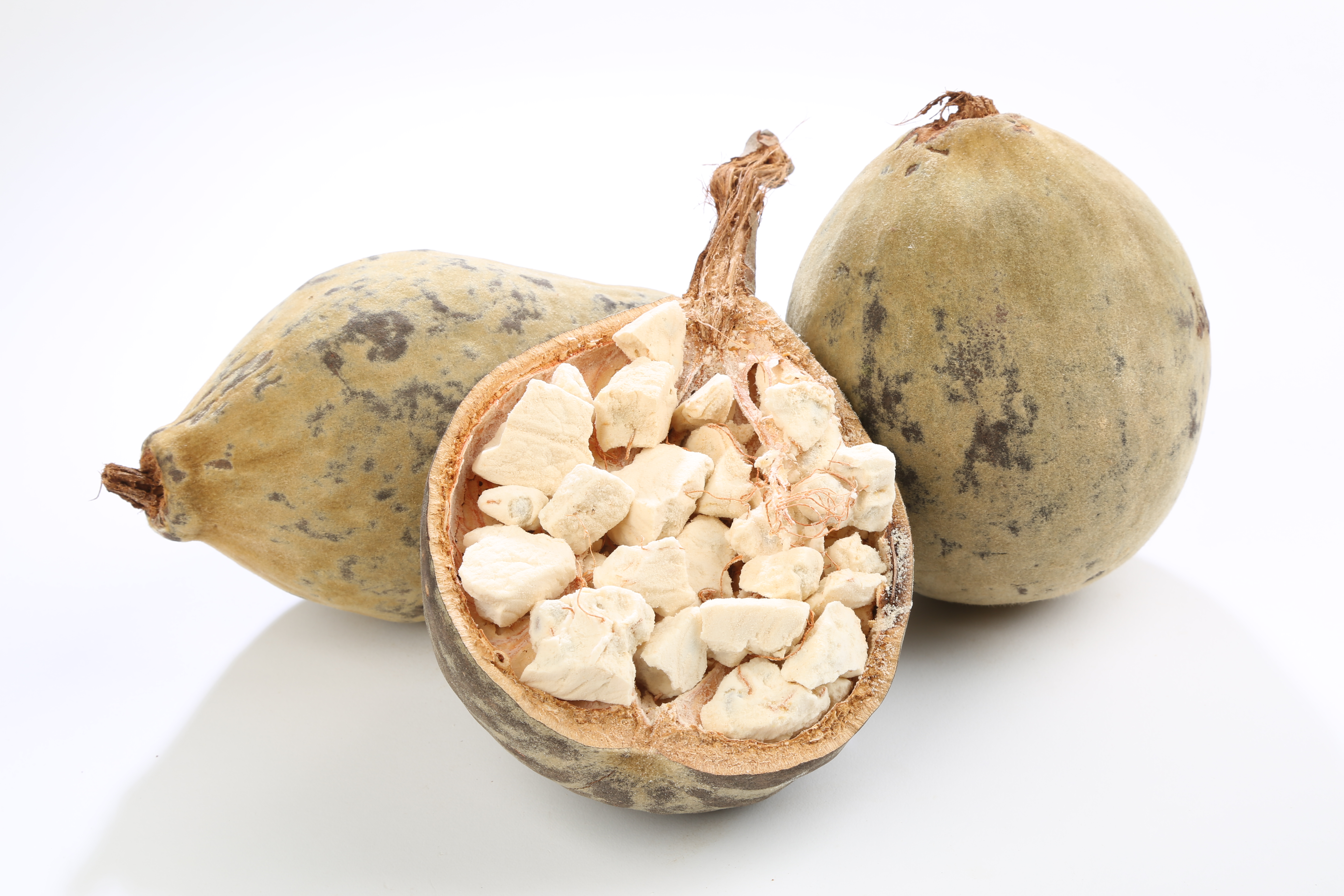Story
Please donate to support us to reverse the deforestation situation in Zimbabwe. Zimbabwe is losing about 330,000 hectares of forests annually and struggling to meet international commitments to protect endangered species and biodiversity, according to Forestry Commission (Source: https://www.thezimbabwean.co/2019/06/zimbabwe-faces-deforestation-dilemma/)
This project is needed because there has been a decline in indigenous fruit tree distribution due to climate change, increasing population pressure and the recent land redistribution to local farmers whose current practices are not compatible with sustaining biodiversity. For example, indigenous fruit trees are often being felled for agricultural food production, which breaks traditional rules which specify that they should be preserved.
Your donation will help us to:
1. Work with local farmers, schools and community to identify the most popular indigenous fruit tree species, source seeds and regrow them. We aim to distribute 1 000+ trees annually and the first batch will be planted around the new small scale farms at Hersi Farm area in Bulawayo, Zimbabwe.
PS - the cover photo shows the effects of deforestation within the Hersi Farm area. The left image is a Google Earth image taken in 2007 and the right image is the same location taken in 2016.
2. To achieve the above target, we will build a tree nursery within the Hersi Farm area, where we will grow and empower the community with knowledge about trees for future generations - this will include learning about basic botany, the variety and importance of native trees, hedges and indigenous fruit trees of Zimbabwe. Schools will be invited to visit the nursery and given chosen plants to grow at their respective schools.
Impact
Researchers have shown that indigenous fruit trees sustain livelihoods (Campbell 1987). Resilience studies show that in times of drought and famine, Zimbabweans survived on wild foods amongst other traditional foods, therefore this project will ensure indigenous fruits are abundant in Zimbabwe and their nutritional value are well known.
Reporting
By the end of project, we will measure our project by:
1. Pictorial evidence of the project, tree planting activities and documentation of the 'BEFORE' and 'AFTER' images
2. We will keep records of trees planted.
3. We will collect video testimonies of farmers, locals and stake holders
4. A website and/or Facebook page will be created to keep the public updated with activities and events.
5. Project funders and supporters will be updated annually.
Thank you for your support. Here are some examples of Zimbabwe's indigenous fruits:

Name - Velvet wild medlar (English), Umviyo (Ndebele) Munzviro (Shona)

Name - Sourplum (English) Umthunduluka (Ndebele) Munhengeni (Shona)

Name - Baobab (English) Muuyu (Shona) Umkhomo (Ndebele)